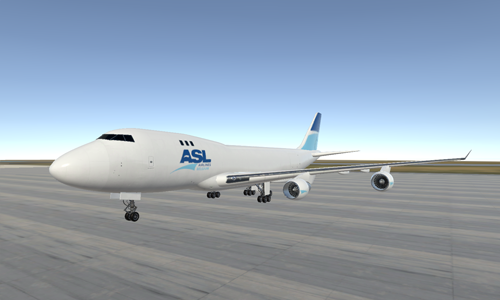





ASLB Digital Twin
at Liège Airport
Partners: ASLB (JM Urbani - R. Ramkissoon) - Liege Airport
This work is done in the context of the Interreg EMR project "Digital Twin Academy" and of a doctoral research funded by the University of Liège.
Our lab is based in Liège where we can find Liège Airport,
a renowned European cargo airport, base of operations for FedEx and Alibaba. Liège Airport and the companies operating within its walls,
including ASLB, are faced with a plethora of challenges with costly and potentially dangerous resources.
This virtual environment is progressively connected to the real one through classical information systems but also thanks to new IoT sensors. When a plane lands at Liège Airport, it also lands in our virtual digital copy! Our system allows the stakeholders to know exactly what happens everywhere at any time. They can visit the airport as if they were in the real one (but with less restrictions). Not only now. You can also go back in the past...or (soon) in the short term future (thanks to machine learning)!
It will allow you to better understand all the processes and to see it in a (nearly) real way; in 3D (in addition to more conventional 2D dashboards)! If you wonder what happened at a specific time in the past, you can go and watch.
The next step is under developement by PhD and Master students: the design of new process models. The goal is to activate alerts immediately if the virtual environment detects something unusual in the real one. Some corrective procedures may even be suggested to the operators to ease and speed up their work.
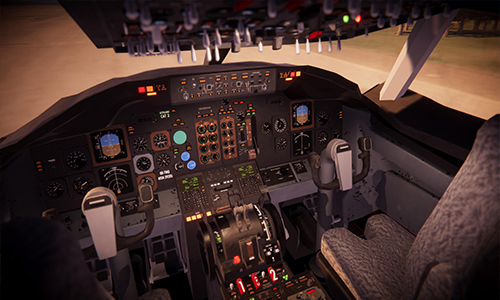

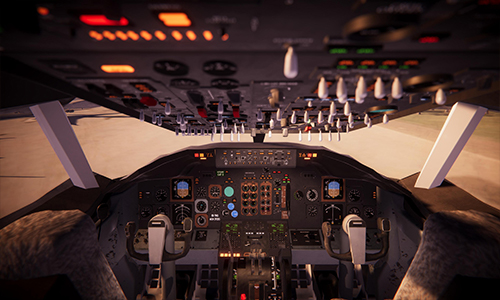
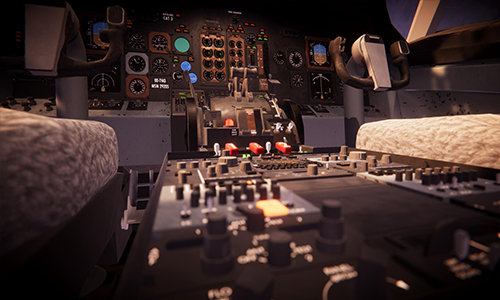


Flight simulator
Partner: ASLB (JM Urbani - R. Ramkissoon)
Field expert: M. Schyns
Development: Service Informatique de Gestion
Year: 2018
Learning by repetition! To allow pilots to rehearse their check-lists in the best conditions, a VR environment has been developed in which the cockpit of an ASLB Boeing has been faithfully recreated. All switches, buttons and levers can be operated. Our specificity? To focus on all details to produce a natural experience. No need for controllers, the fingers and hands are tracked (via infrared scanner or haptic gloves). You touch a virtual button and a vibration sent by a small haptic motor will give you the feeling to have touched a real one. You made it to take-off? Our motion simulator seat will make you feel the vibrations and will tilt depending on the angle of attack.
At a pedagogical level, multiple scenari have been developed. In the first one, the trainee is guided in his steps. Each element of the check-list is highlighted while it has not been activated. The examination mode allows the user to work without any hint... but all the mistakes are identified. 'Crash' mode allows to try out situations not advised for use with a real aircraft! Our simulator does not cost anything compared to a plane and allows for (almost) anything without putting the pilot nor the aircraft in danger.


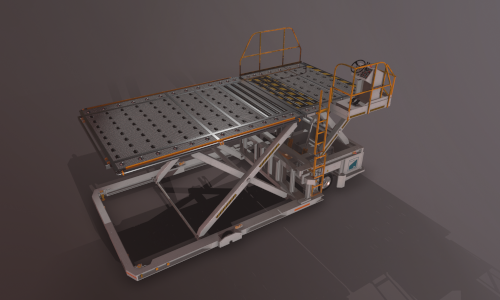
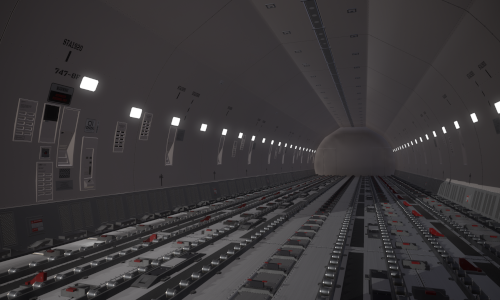
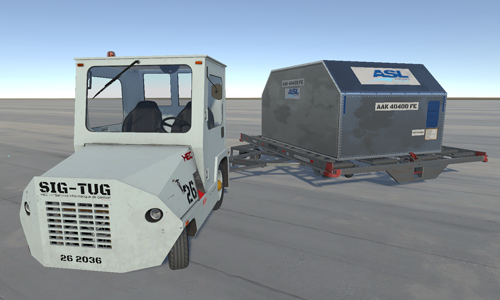

Liege Airport Academy: High loader
Partners: Liege Airport
Liege Airport and
its numerous resources were being digitally modelled and made accessible in Virtual Reality. What better way to test your theories on an actual airport without disrupting operations.
This VR env is also a perfect place to train new operators or to test new processes! Need to learn how to operate the high loader to fill this aircraft? This module is for you. Whether in guided self-learning or assessment mode, learn how to operate the high loader and load ULDs into an aircraft. Safely for both you and the equipment. Without disrupting airport operations. Without tying up costly resources. As often as you like.





Liege Airport Academy: Maintenance
Partners: Liege Airport Academy
Essential operations around an aircraft: maintenance and pre-flight checks of various systems.
In "training" or "exam" mode, test your knowledge.
As a bonus, compare the virtual environment with the real one by immersing yourself in panoramic photos.






Liege Airport Academy: MAN
Partners: Liege Airport
Do you know the rules for moving around the airside? Will you be able to drive from one point of the airport to another while following all the safety instructions? Are you ready to take your MAN certification? Once again, here and only here, you’re allowed to make mistakes without serious consequences. The best way to learn.






Liege Airport Academy: Public Speaking - check-in
Partners: Liege Airport Academy
Virtual reality is great for learning hard skills, but also soft skills!
One of the most important and most challenging to master is public speaking. This comes into play in many different situations, whether it's during meetings with colleagues or clients, job interviews, or everyday life.
We've developed a dedicated tool to help you practice in highly realistic scenarios with an audience that reacts to your performance.
Latest environment added: the passenger terminal at Liege Airport.
Will you be able to handle vacation-hungry travelers at the check-in counter?






Liege Airport Academy: Pushback
Partners: Liège Airport
It's time for pushback. Your job is to attach the tow bar to the aircraft and the tug, and make sure everything is ready for the procedure. This is an important operation that must be followed to the letter. You or your colleague will then have to push the aircraft toward the runway. Ever tried reversing a trailer? Physics won't be your friend.






Liege Airport Academy: Snow
Partners: Liege Airport
It’s the snowstorm of the century! The convoy of snowplows and de-icers is rolling out. You need to follow the lead vehicle. This is your first outing. Are you comfortable with the controls of your snowplow? Do you know where to position yourself on the runway? Is your blade and brush correctly set? And what if an aircraft suddenly shows up, or you experience a breakdown? (Thanks to the instructor for throwing in those surprises!). If you're operating the de-icer, did you realize just how wide it becomes when the arms are fully extended? Will you be able to handle such a machine?






Liege Airport Academy
Soon to be added: maintenance, departure pre-check, marshalling, disaster plan and triage...
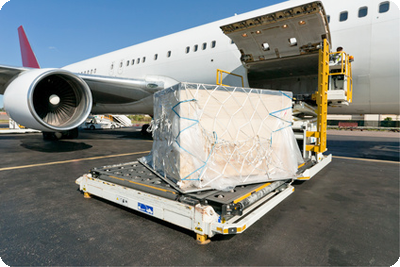

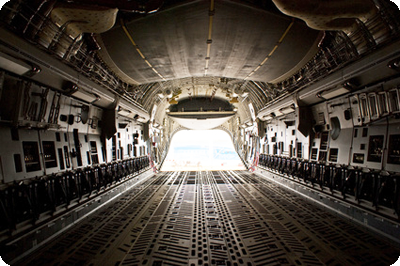
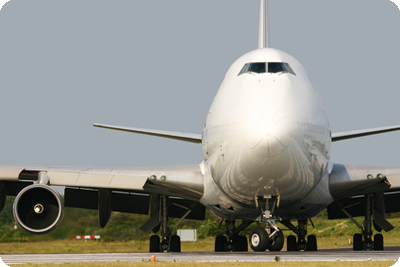
Weight and Balance
We have designed an automatic and interactive mathematical model (Operations Research) providing solutions for the optimal loading of merchandise intended for transport by air. By taking into account a large range of constraints related to the industry it promises to save a lot of time and result in less fuel being used. The model is interesting both from an economic and ecological point of view.
More about this research (first work)
Awards:
- The Aviation Applications Section of INFORMS 2016: best PhD dissertation (Virginie Lurkin)
- AGIFORS (Airline Groupe of the International Federation of Operational Research Society) 2014 Dubai: Anna Valicek Award (best innovative research).
- AGIFORS 2013 Amsterdam : best talk
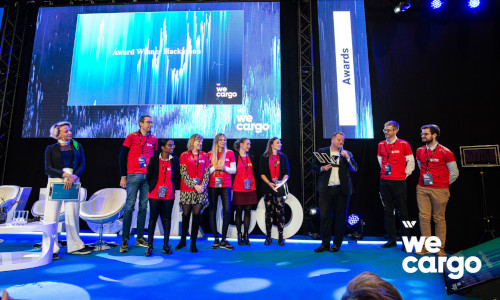

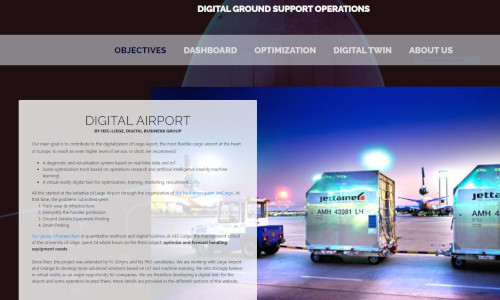
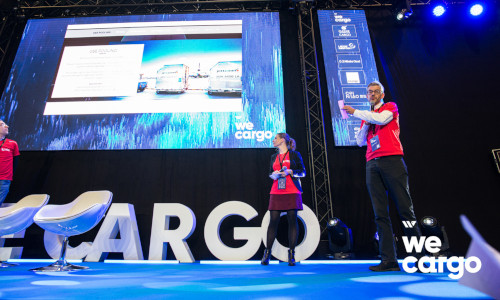
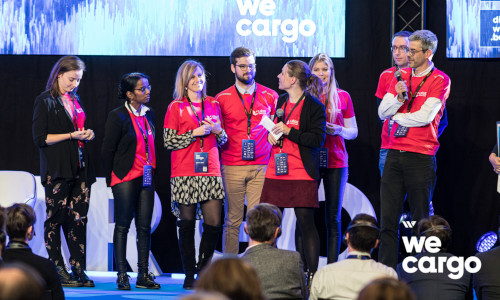
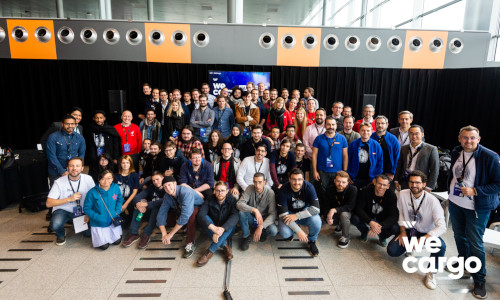
Hackathon WeCargo
Year: 2019
24h hackathon contest organized by Liege Airport:
"The objective is to bring bright minds together and surround them by industry experts to come up with a solution to an identified problem within 24 hours of intensive work. Get outside your comfort zone and help to shape the future of the air cargo industry in a fun atmosphere.
The winners will get the opportunity to fly to China to present their solution to Alibaba’s headquarter."
https://www.wecargo.be/hackathon/
12 teams (schools, IT and business intelligence companies), 24h...
Our research team developed in 24h a GSE Pooling solution: a mathematical model forecasting airport equipment use in order to optimize it, based on data measurement.
We were awarded the 1st prize!
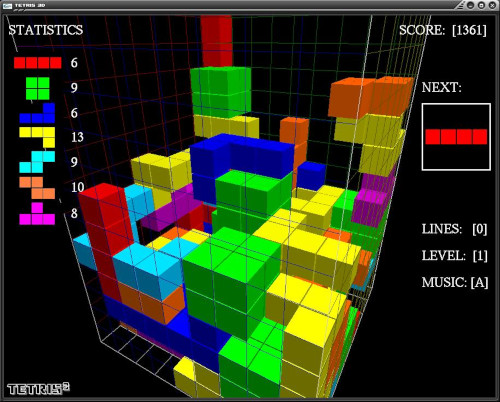
(3D) bin packing optimization of a container
Optimal packing of containers (ULDs) in particular for air transport.
Research topic: optimization of a packing "policy" via artificial intelligence (Deep Reinforcement Learning) and operations research techniques.
Goals: training and decision making aid for on-site operators (guided by an augmented reality headset).






Animatronics - Robotics
Partners: Jobs@Skills, Inno-Botic
A new project for the lab and the students in Business Engineering: training a dog!
This nice four-legged animatronic robot arrived recently in Belgium and was unfortunately not able to do much; like a puppy.
With my students at HEC, we implemented vision, data analytics and machine learning techniques to teach him some tricks.
This all-terrain robot must be able to help industrial firms in their tasks: systems control, security watch, quality checks,
inventory, welcome agent...
Beside, a simulation environment has been designed to test our codes and to communicate with the dog...first step to build a digital twin.
Interested by the dog? More information on the Inno-botic website
La RTBF en parle..